
How To Advertise And Sell More Books
I have a wonderful guest post today from author Nicholas Erik – a skilled marketer with a keen analytical mind, who will show you how to analyze the profitability of your paid ads, so you can sell more books. It’s easily the longest post we’ve had here – over 4,000 words – but it’s worth settling in for this excellent, comprehensive guide which will have something useful for all self-publishers, from beginners to experts. Here’s Nick with more:
***
As the title might suggest, this guide is all about how to analyze the profitability of your paid ads to help you sell more books. The step-by-step system outlined within is effective for both promo sites and pay-per-click (PPC) platforms such as Facebook Ads, Amazon Advertising, and BookBub.
If you follow the steps in this guide, you’ll have solid numbers on which to base your advertising decisions—instead of making guesses regarding their profitability. Read More…
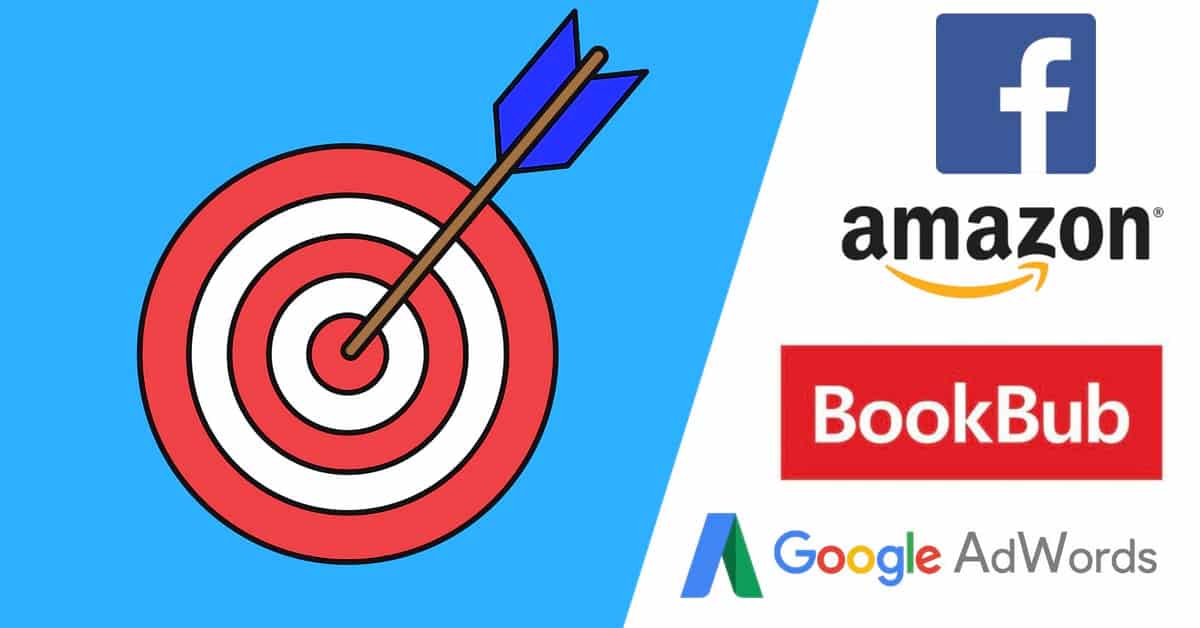
Granular Targeting Explained
I’m pretty experienced with digital advertising at this point but when I got my interview for Google AdWords back in 2003 I had to… Google it to figure out what they did. And I still got it wrong!
I was quite lucky that I first interviewed with Overture (the former name of the digital advertising division of Google’s one-time rival, Yahoo) because I had absolutely no idea how these kind of ad platforms worked, let alone best practices. But I learned fast—Google’s training was excellent.
One thing that was drilled into us constantly was the importance of granular targeting. It might be a little more obvious in 2018, but back then the only really familiar advertising model was the broadcast one. Put your message in giant letters on the billboard. Flood the airwaves with ad spots. Take out full page ads in newspapers and magazines (for the kids: these are paper versions of websites that used to be popular). The basic strategy was a simple, brute force one; if the signal is strong enough, the right people will hear it. Read More…
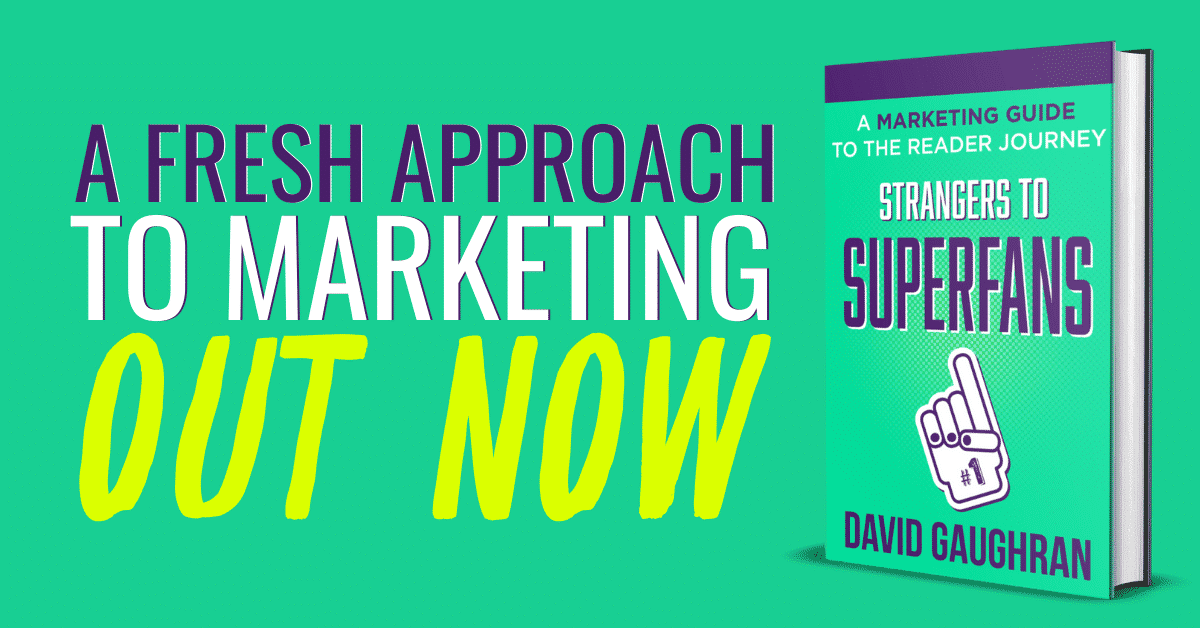
How To Use The Reader Journey To Create Superfans
It’s almost exactly a year since I gave a talk at a conference in Austin which introduced a concept I call “The Reader Journey” – which is a bookish version of a new marketing paradigm that is helping companies understand their customers better, and how to tailor their marketing accordingly.
I’ve spent the last twelve months researching and testing and experimenting, and then organizing all this information into a structure which will help you understand exactly who you are writing for, plus how to sway them with your marketing messages. But also how to treat them after you have convinced them to buy. How to turn them into the kind of superfans that will do the selling for you.
Strangers to Superfans: A Marketing Guide to The Reader Journey is out now and you can pick up your copy from all these lovely retailers: Read More…
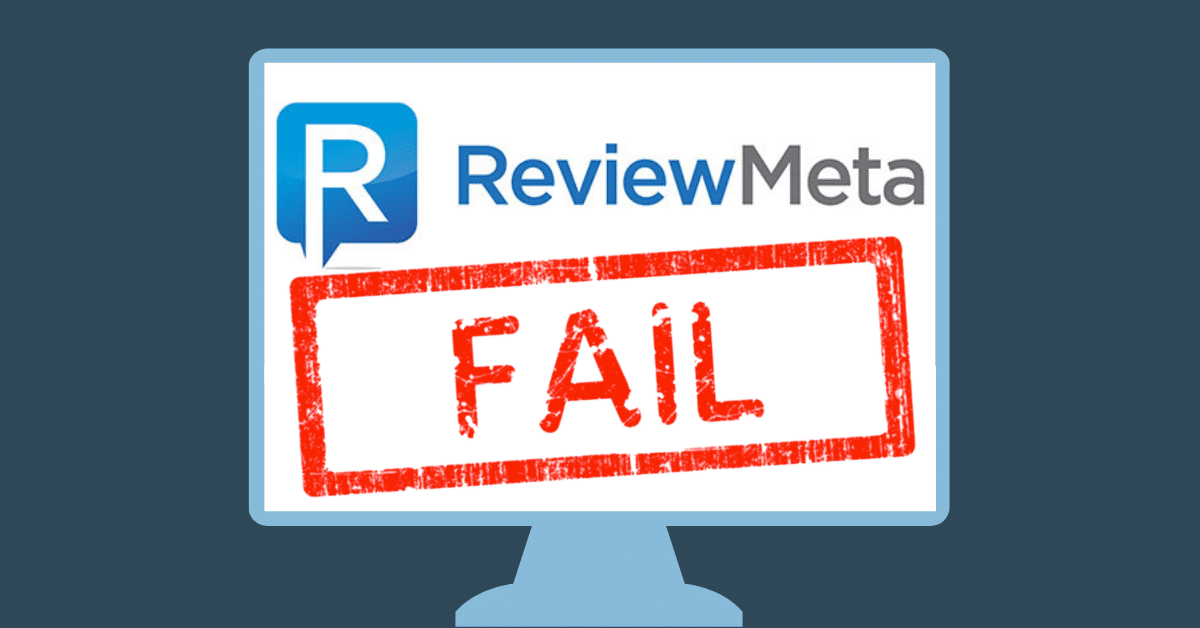
Warning: ReviewMeta Is Not Accurate
ReviewMeta works very hard to position itself as some kind of independent arbiter of Amazon reviews, but an examination of its methods proves two things: 1) ReviewMeta is not very accurate and 2) ReviewMeta does not like being reviewed.
An article from the Washington Post a while back suggested that Amazon is undergoing a fake review crisis. There are problems with Amazon reviews, but this article is based on some pretty flawed data – at least in how it pertains to the world of books, which is what I know, and what I’ll focus on here. I can’t speak to the world of diet supplements or fake tan or giant tubs of lube… alas.
The article’s claims are largely based on a flaky site called ReviewMeta, which seems far better at getting publicity for itself than correctly analyzing the trustworthiness of reviews, which is a pity as it would be a wonderful tool if it was in any way accurate. Read More…
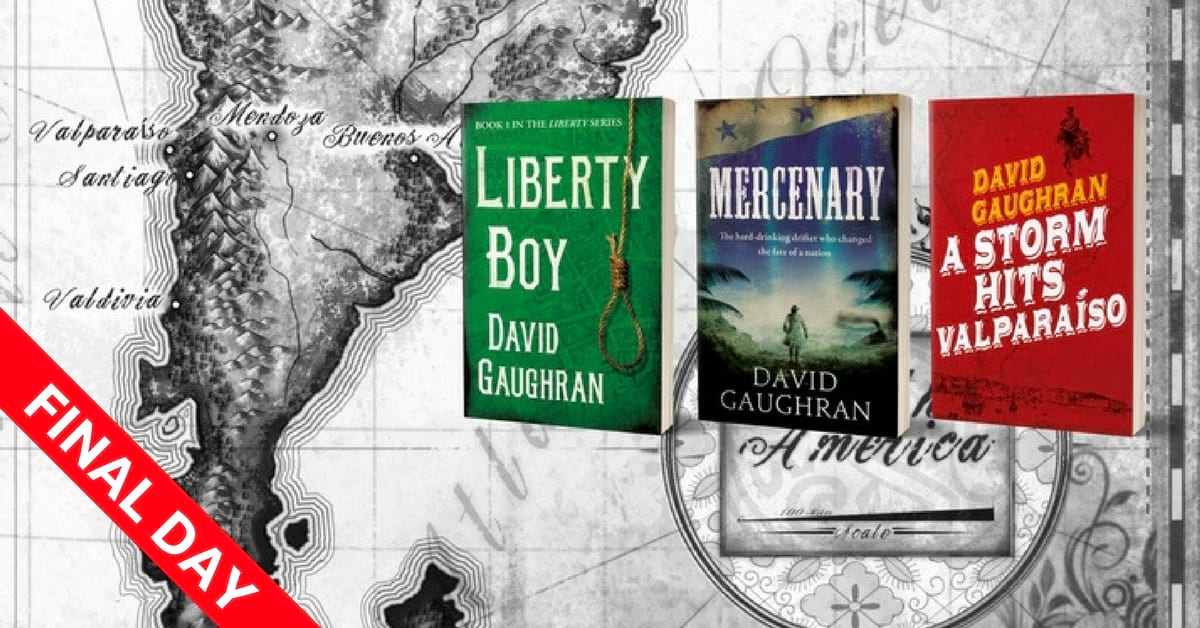
BookBub Ads and Wide Authors
BookBub Ads are especially useful for wide authors. I decided a while ago that I was going back wide with all my books. Sales were pretty anemic to begin with (readers don’t magically discover books), but then I put together a little marketing plan. I don’t want to invest too heavily in pushing my historical novels until I have a couple more books in my series out, but I was curious to experiment with a few different approaches for pushing wide books. After nabbing an International-only BookBub Featured Deal for Liberty Boy, I decided to build a little campaign around it, particularly looking at sales internationally, and off-Amazon. When you are in KU, it makes sense to concentrate sales. As detailed Read More…
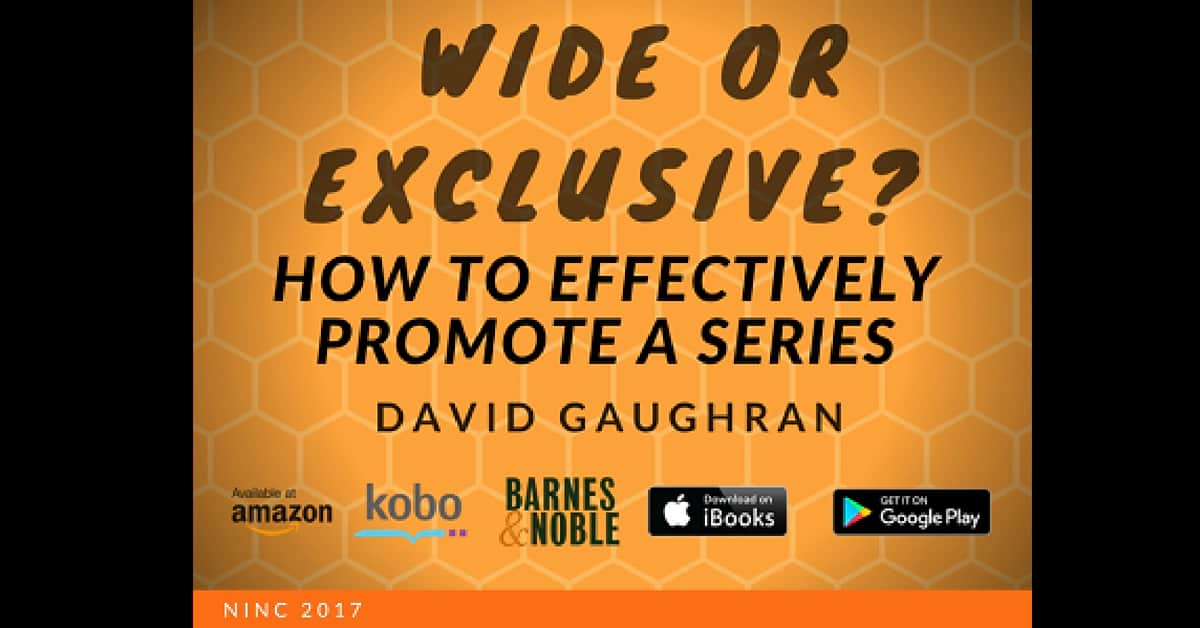
Wide vs. Exclusive: A Tale of Two Marketing Systems
Lots of people right now are asking themselves whether they should leave Kindle Unlimited. I’m generally agnostic on it, and I think writers should do what is best for them and their books, but there’s no doubt this is the big question of the moment. That’s partly down to falling pay rates, Amazon’s inability to deal with scammers and cheaters, or the increasing concern about having all your eggs in one basket when something like this (or this, or this) regularly happens. But I think authors are asking themselves the wrong question. The real issue, I suggest, should surround how you are going to find readers on these retailers (or on Amazon, if you have decided to swim in the Read More…
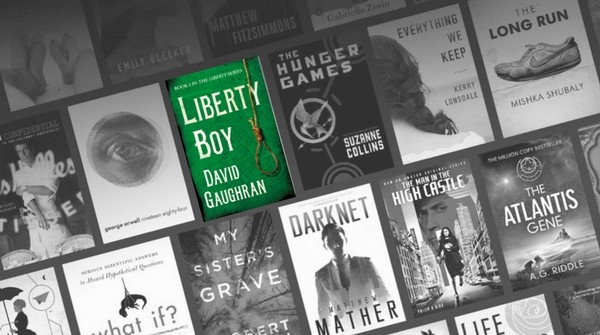
9 Ways to Improve Amazon Ads For Authors
More product searches start on Amazon than anywhere else, even Google. It’s the world’s biggest bookstore and by far the largest ebook retailer. But Amazon Ads is still very much a work-in-progress, particularly the slightly pared-back version authors get to advertise books. Self-publishers tend to focus on making books visible on Amazon. Aside from being a market leader, and having famed frictionless purchasing, there is another key reason why such a focus often gets the best return. Unlike other popular sites, anyone visiting Amazon is generally there for one reason: to buy stuff. You aren’t interrupting them while they share dank memes with friends, or search how fast a raven can fly during winter. AMS is often referred to as “new” Read More…
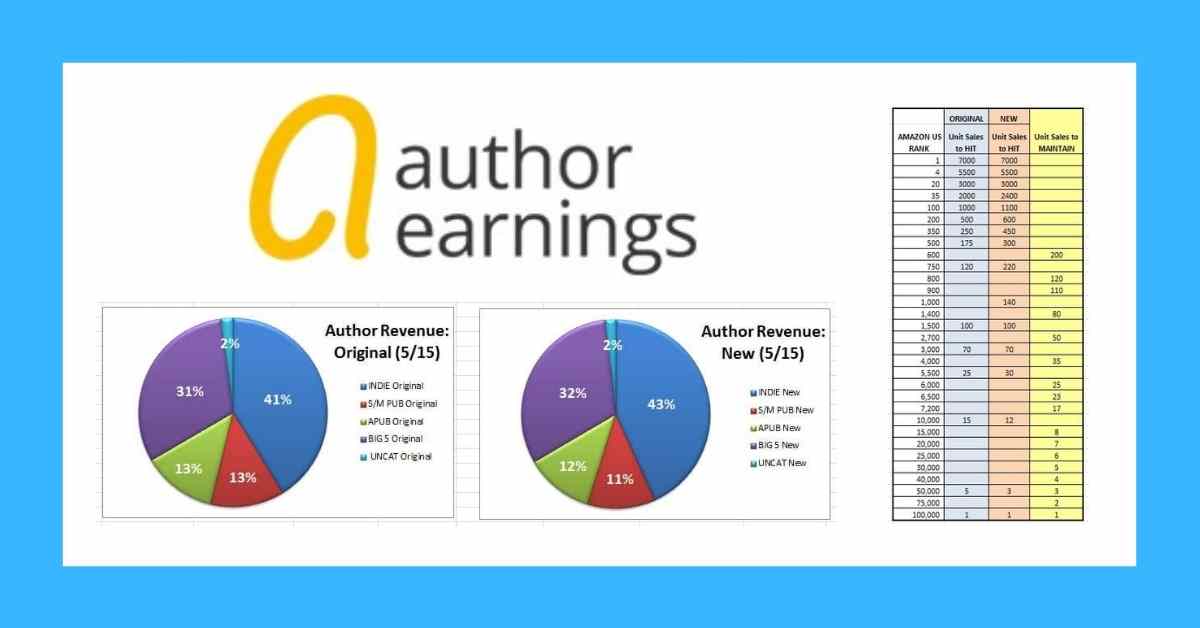
Digging Deeper Into Author Earnings
The Author Earnings team are attempting something unprecedented, and their work can’t be refined and improved unless there is some intelligent criticism of their findings.
Today I’ve invited Phoenix Sullivan to blog on the topic. I’ve known Phoenix for a few years now, and if there’s a smarter person in publishing, I haven’t heard of them.
KBoards regulars will already know that Phoenix understands the inner workings of the Kindle Store better than anyone outside Amazon. And I can personally vouch for her expertise: she was the biggest influence on (and help with) Let’s Get Visible and also the marketing brains behind a box set I was in, which did very well indeed.
Phoenix offered to take the raw data from Author Earnings, drill down and analyse it, and then see if her conclusions differed from theirs, and whether there were any improvements she would suggest. Phoenix has also been able to pull some fascinating new insights from the Author Earnings raw data. Read More…
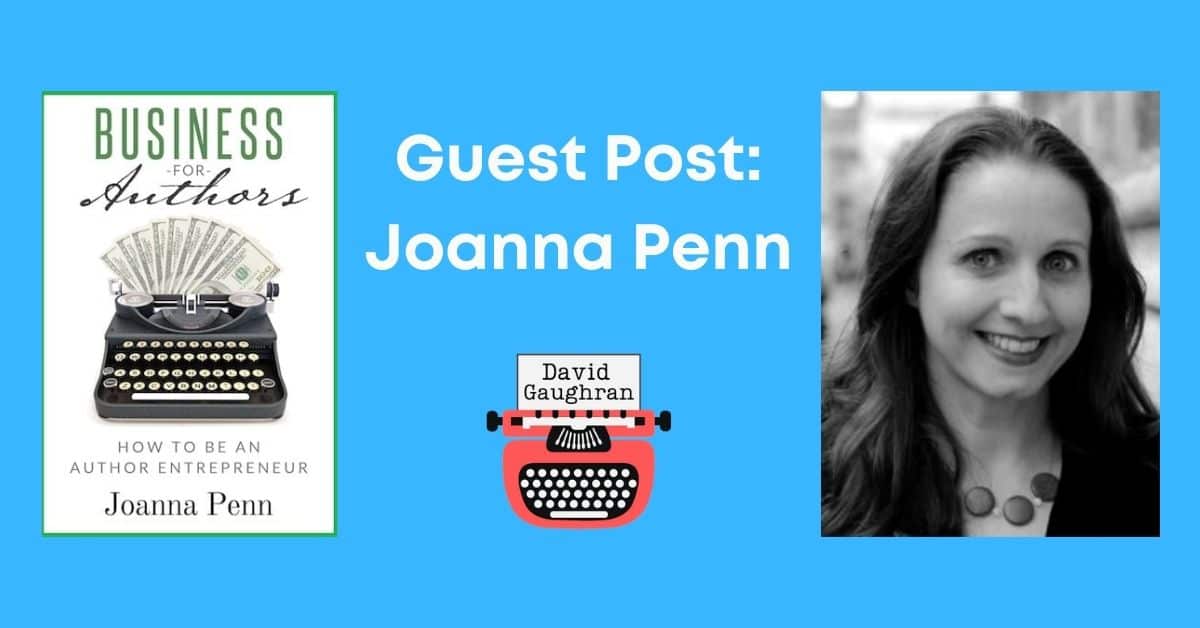
Joanna Penn: Authors Should Be Entrepreneurs
Joanna Penn is here today with an important message. The self-publishing blogosphere usually focuses on making money from genre fiction, and tends to advise producing as much quality work as you can as quickly as possible, and then marketing it aggressively.
That’s not bad advice at all, but there are many other types of books, several different kinds of authors, and multiple ways you can approach making a living.
I invited her along today to talk about her latest – Business For Authors: How To Be An Author Entrepreneur – in which Joanna provides excellent advice on ALL the ways that authors can monetize both their work and their knowledge/skills. And it’s especially useful for those who don’t fit exactly into the “write genre fiction as fast as possible” model. Read More…
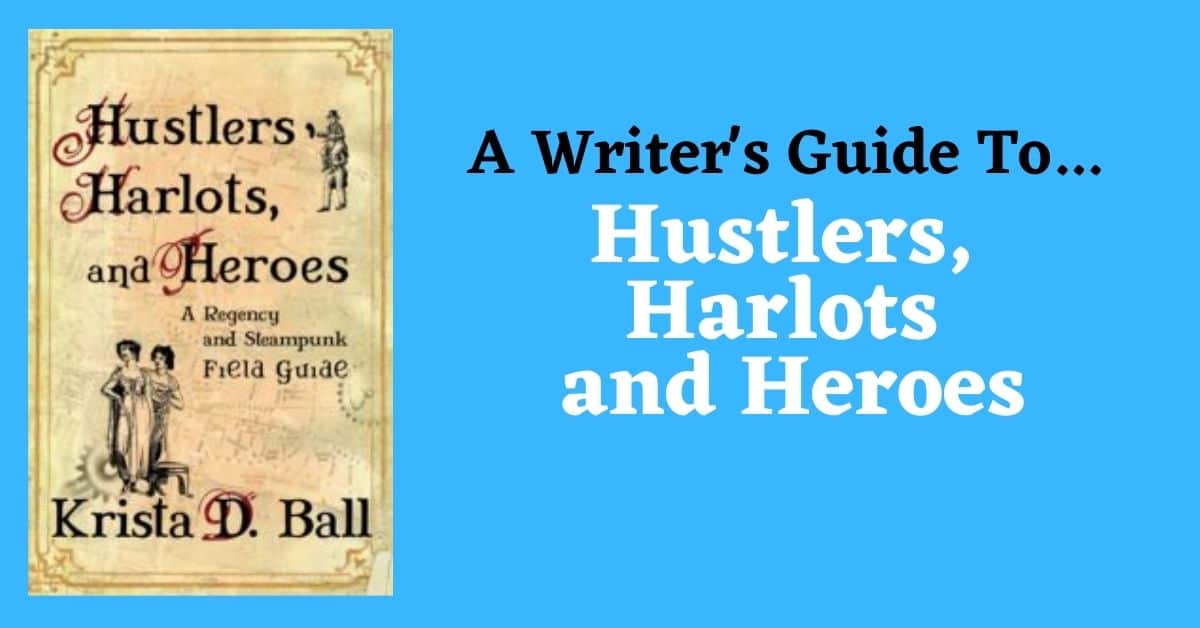
A Writer’s Guide To Hustlers, Harlots and Heroes
One of the most popular posts here a few years back was from author Krista D. Ball who had just released What Kings Ate and Wizards Drank. It was a brilliant book – a writers’ guide, a cookbook, and a history of food all rolled into one. Anyone who read it will be delighted to hear that Krista is back with a follow-up.
Hustlers, Harlots, and Heroes: A Regency and Steampunk Field Guide. It’s another treasure trove of useful information and fascinating stories (for readers and writers alike).
Chapters like Whores, Wenches, and Women as well as Cleanliness Leads To Drunkness prove that this is no airbrushed guide to Victorian and Georgian London. While you get the view from high society, you will also rub shoulders with guttersnipes, prostitutes, and mudlarks. Read More…
Battle of the Distributors: Smashwords vs Draft2Digital
Since I started self-publishing in 2011, Smashwords has been the overwhelming favorite for savvy self-publishers who wanted or needed a distributor to reach non-Amazon e-bookstores. However, a new competitor called Draft2Digital launched a beta version of their service earlier this year and has been gaining popularity. In July, they hit 1,000 users, 10,000 titles, and 1,000,000 books sold. I’ve been getting lots of questions about Draft2Digital, and experimenting with them myself, so I thought it was a good time for a side-by-side comparison as there are distinct pros and cons to each service. But before we get into that, let’s look at the question of whether you need to use a distributor at all. The virtues of going direct In my Read More…
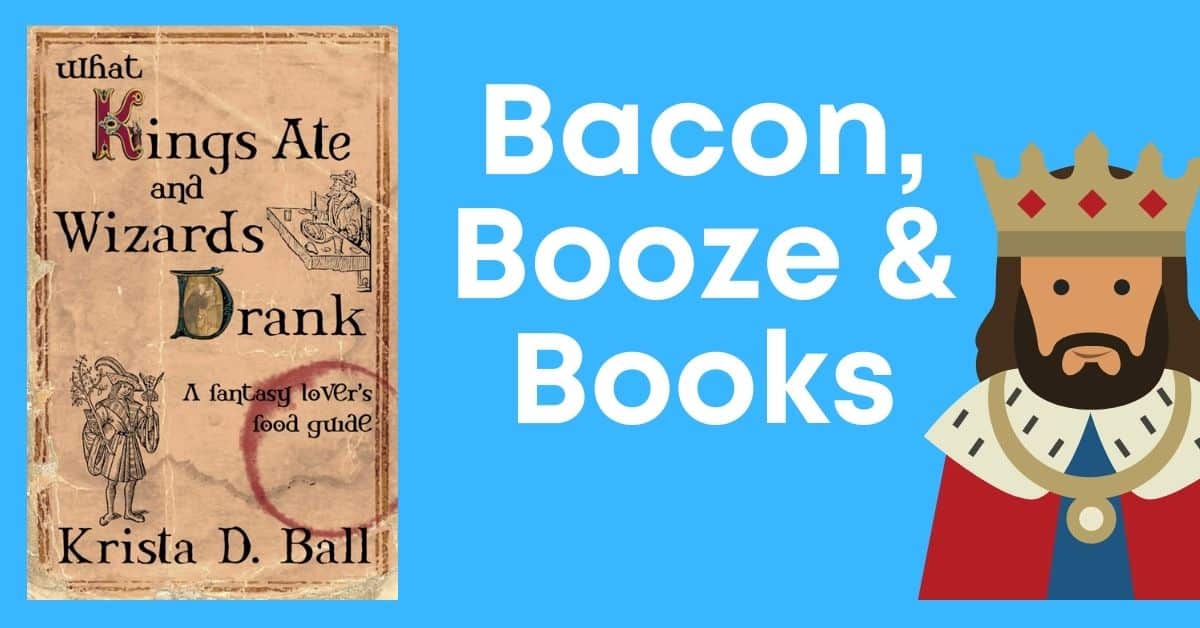
What Kings Ate and Wizards Drank • A Fantasy Lover’s Food Guide
When I first heard about What Kings Ate and Wizards Drank: A Fantasy Lover’s Food Guide, I knew it was going to be brilliant. I’m in a writers’ group with its author, Krista D. Ball, and when she explained what she was working on, I wasn’t alone at being filled with a mixture of excitement and envy. I wasn’t jealous because I could have written this book – I couldn’t have – but because it’s one of those once-in-a-lifetime fantastic ideas that you know is going to be a hit. What Kings Ate and Wizards Drank is a writers’ guide, a cookbook, and a history of food all rolled into one. Its primary aim is to help authors of fantasy (and historical fiction) Read More…
^

